The Storm in the Coffee Cup (part I)-Shepherd Boys vs. the Hulk
Coffee originated in Ethiopia, East Africa, and bloggers have always had a special fondness for African coffee beans, not only because of the influence of their mothers and their special feelings for Africa (the mother family grew up in East Africa when they were young). And it is true that African coffee always has an unspeakable unique flavor, full of primitive wild vitality. (please refer to the previous blog post: world famous Coffee Tour Series 5: Harald Moka, Ethiopia (top), Ethiopia Yega Snow Coffee (bottom) and World famous Coffee Tour Series 6: Rwanda Water washed bourbon Coffee)
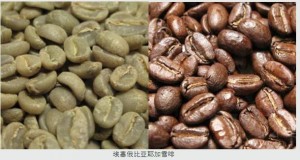
On the issue of coffee, the last blog post introduced the plunder war between rich countries and poor countries, and the bitterness and unfair treatment of soybean farmers between multinational enterprises and soybean farmers. today, we are going to talk about how Ethiopia, a weak country, is self-reliant and defeats multinational companies. fight for their own rights and interests through brand tactics to promote innovation throughout Africa. As the story is very long, it will be told in stages.
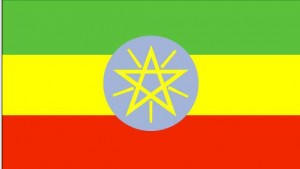
The coffee war began in 2005 and lasted nearly three years until November 2007. It was a contest with a clear start and a wide gap in strength, but the outcome was a pleasant surprise. This incident makes us see clearly the hypocritical and mercenary faces of some large multinational companies, as well as the nature of Chairman Mao's analysis of capitalism and imperialism to bully the small by the big and bullying the widows by the strong, but as soon as they see something wrong, they will see the nature of fickle compromises. What's more, it tells us that we can only rely on ourselves and strengthen ourselves, and God helps those who help themselves.

It is said that the non-profit organization "Light Years IP" (http://www.lightyearsip.net/)), in order to make the soil quality suitable for coffee growth, and is pure manual cultivation, rarely mixed with other chemicals of Ethiopian coffee, innovative brands to facilitate exports and poverty alleviation, cooperation with the Ethiopian intellectual property Bureau, through well-known international law firms began to apply for trademark registration in more than 30 countries, creating their own brands To protect intellectual property rights (IP).
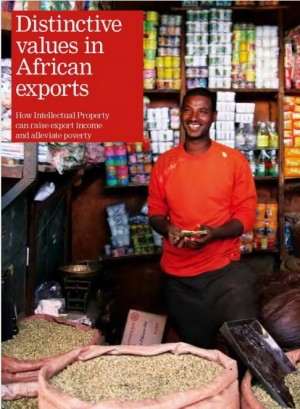
Among the wide variety of coffee groups, the "Ethiopian Coffee selection parties Committee" (Ethiopian Fine Coffee Stakeholder Committee), composed of Ethiopian coffee farmers' cooperatives and private exporters, singled out Yirgacheffe, Sidamo and Harald, which were praised by many people after drinking it, as its main brands.
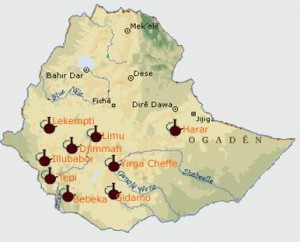
Ethiopia tried to register trademarks with these three provincial names, but Starbucks blocked it. The reason is that once the application for a patent for coffee is approved, Ethiopian coffee farmers will be free from exploitation by dealers and Starbucks. Coffee has its own brand, can show its own real value, and will no longer be allowed to bid at will. Starbucks Coffee hinders the application of Egyptian coffee farmers in every way, thinking that it will continue to benefit from it.
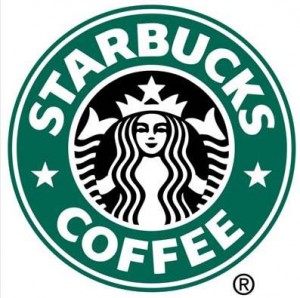
Oxfam, a British charity, points out that Starbucks has cost Ethiopian farmers at least 50m pounds ($94.52 million) in income. Oxfam also points out that Ethiopian farmers sell coffee beans to Starbucks for 75 to 1.60 dollars per pound, while Starbucks sells them for 26 dollars per pound, which shows that Starbucks is making a lot of money from it.
However, Starbucks denies the allegations. Starbucks said it had never challenged the Ethiopian government's application for trademark registration of coffee beans, nor had it claimed any ownership of place names representing coffee producing areas. Starbucks also explained that registered trademarks are not the best way to help farmers, but should use regional certification, as in France to establish a model of good wine.
In recent years, Starbucks has swept the world with a cultural posture and become a fashion brand. In order to arouse the recognition of more consumers with spending power, Starbucks advocated the "commitment to Coffee producing area (CTO)" program in 2003 and launched "Fair Trade Coffee beans". Taking care of coffee farmers has become the brand image emphasized by Starbucks.
Starbucks mentioned in its Coffee Biography: "We believe that coffee farmers are our important partners." We offer the best price to buy coffee beans from coffee farmers. Therefore, fair trading of beans is the practice of Starbucks emphasizing "taking care of coffee farmers".
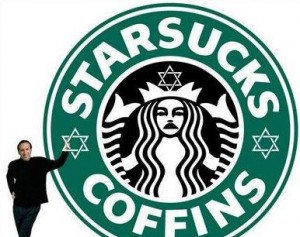
So Holt, a chair professor at the Zaird School of Business at the University of Oxford, also issued a serious warning to Starbucks. He said that if Starbucks continues this inconsistent behavior, it will eventually hurt its brand image. The The Economist described the trademark war as a "storm in a coffee cup" and said in a sarcastic tone that if the war could let everyone know what Starbucks corporate ethics is, "then we in the Economist will celebrate with a large cup, less foam, more milk and an extra grande extra-wet triple-latte (a coffee order from Starbucks service staff)."
For the rights of coffee farmers, Ethiopia fought against Starbucks, the world's largest coffee chain, accusing the green mermaid of embezzling the country's three coffee producing names, Yegashifi, Sidamo and Hara, and requiring Starbucks to cancel the trademark registration of the three place names because they are owned by Ethiopia and must be used only with the consent and authorization of the country concerned. The dispute between the two sides broke out in March 2005 of ○○ and immediately became the focus of international media hype.
What is of interest to the media is that Ethiopia is the birthplace of Arabica. The export volume of coffee in the six years of the second ○○ reached 170000 metric tons, earning a foreign exchange of 431 million US dollars, accounting for 35 percent of the country's exports. Of the country's population of 70 million, 15 million live on coffee. During the six years of ○○, the gross national product of Egypt was only US $9.78 billion, and the income of its citizens was less than US $900, making it one of the poorest countries in the world.
In contrast, rival Starbucks, a coffee chain giant, has 12440 stores worldwide in the past six years, and its powerful team of lawyers is best at suing its peers for counterfeiting green mermaid trademarks, with a total turnover of US $7.78 billion, or almost 80% of Ethiopia's gross national product. In the past six years, Starbucks imported 150000 metric tons of coffee beans from various producing countries in the world, accounting for about 50% of Ethiopia's coffee production of 300000 metric tons in the same year, but Ethiopian coffee accounted for only 2% of Starbucks coffee imports in two ○○ six years (Starbucks mainly focuses on Central and South American beans, which is in line with the historical track of American coffee preference). In the past, I only heard of Starbucks plaintiffs, but now poor Ethiopia treats him in its own way, and does not hesitate to initiate lawsuits to fight an uphill battle with Starbucks, which is a rich country. Some people even compare it to "Shepherd Boys vs. the Hulk" (Ethiopian officials often use the legend of the shepherd boy who discovered coffee as its propaganda)
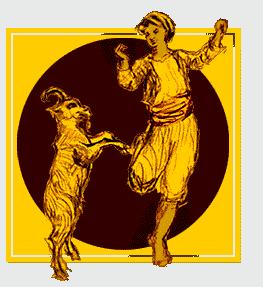
Important Notice :
前街咖啡 FrontStreet Coffee has moved to new addredd:
FrontStreet Coffee Address: 315,Donghua East Road,GuangZhou
Tel:020 38364473
- Prev

A brief History of the Development of Coffee machines in Italy
Ⅰ, a brief history of the development of Italian coffee machines, I do not know who first wrote this paragraph: at the beginning of the 20th century, an impatient engineer living near Napoli, Italy, was impatient with dripping coffee for too long, so he was waiting for time to come up with a way to brew coffee in a high-temperature, high-pressure way to shorten the time, so he invented a unique meaning in the world.
- Next
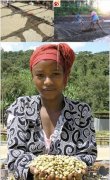
The Storm in the Coffee Cup (Middle)-the tragic Appeal of Ethiopia
It is said that Ethiopia in poor countries is preparing to fight a century lawsuit with Starbucks in rich countries, which has attracted global attention. Ethiopia plays the grief card, and the global media and humanitarian organizations almost lean to the weak. Egypt uses Starbucks' popular "partner Sun Sidama" (Shirkina Sun-Dried Sidamo) as an example to tell the bitterness of coffee farmers: southern Ethiopia.
Related
- How did the Salvadoran coffee industry develop in Central America?
- What exactly does the golden cup extraction of coffee mean?
- The Origin of Coffee flower
- [2023 Starbucks World Earth Day] there are more meaningful things besides free Starbucks coffee!
- What kind of coffee is there in Spain? 9 Flavors of Spanish Coffee
- Aromatic African coffee| Kenya's coffee culture and historical production area
- Liberica Coffee Bean knowledge: the characteristics of Liberian Coffee beans of the three original species of Coffee beans
- The origin and formula of Spanish latte introduces the taste characteristics of Bombon coffee in Valencia, Spain.
- How to adjust the solution of over-extracted coffee
- What is the tasting period of coffee beans? What is the period of coffee and beans? How should coffee wake up and raise beans?

